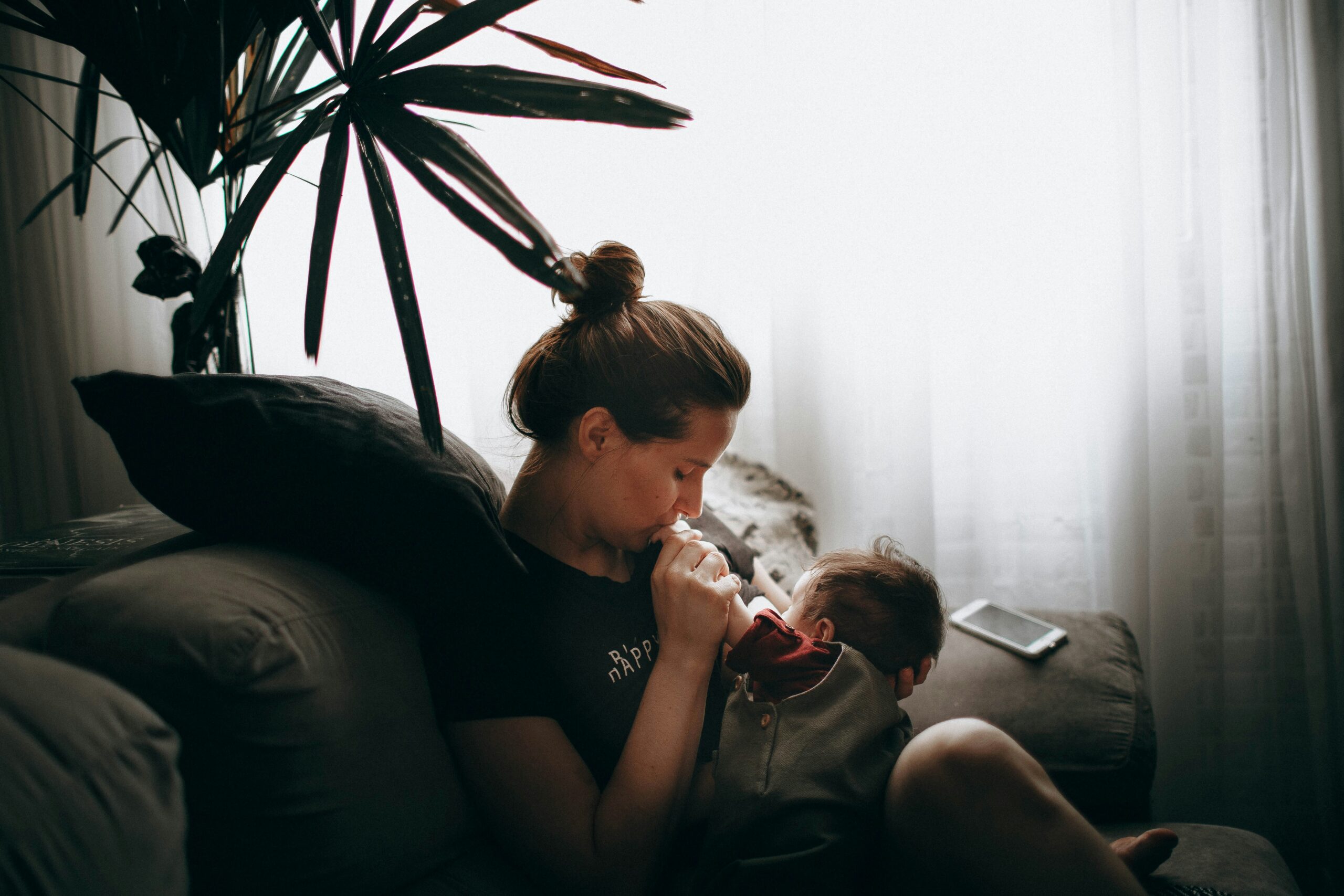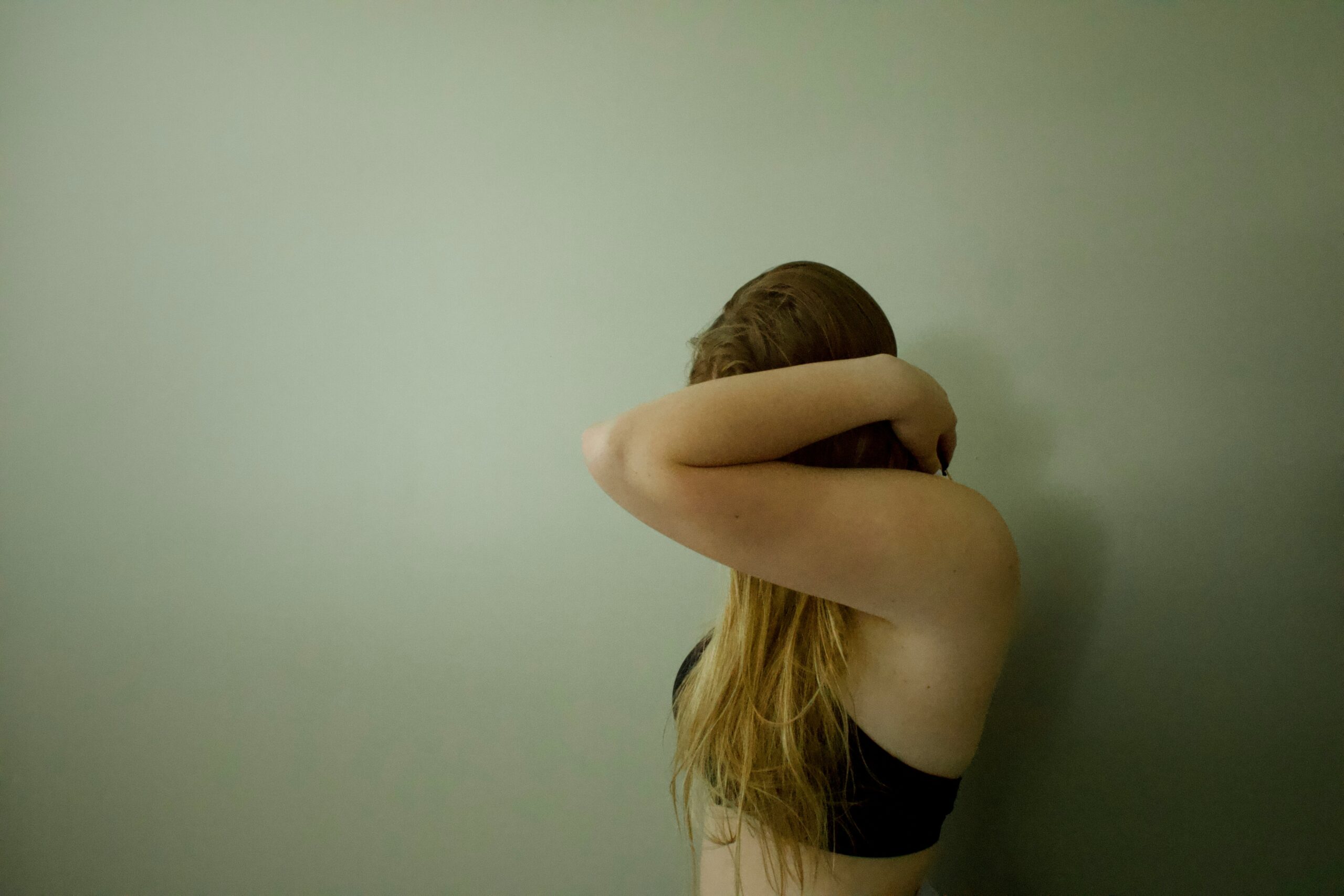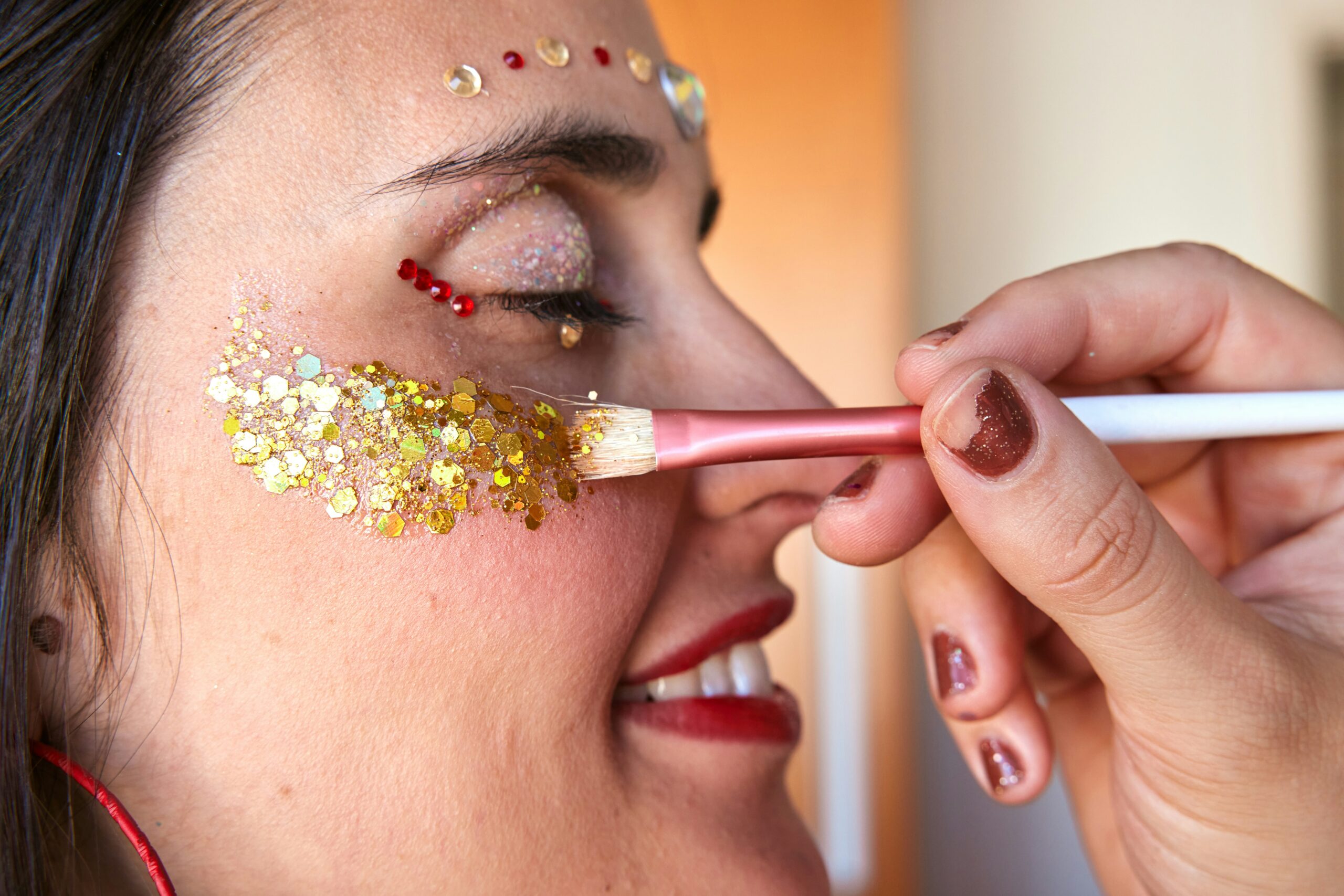As someone who grew up knowing I wanted to have children one day, I fully expected to take to motherhood like a duck to water. After all, everyone I knew told me I’d be a natural and I helped care for my brother growing up. I had even decided to become a child therapist—this was the right path and an easy one.
Imagine my surprise (and horror) when I had my first child 16 years ago and postpartum turned my world (and identity) upside down.
It hit me hard. I was terrified.
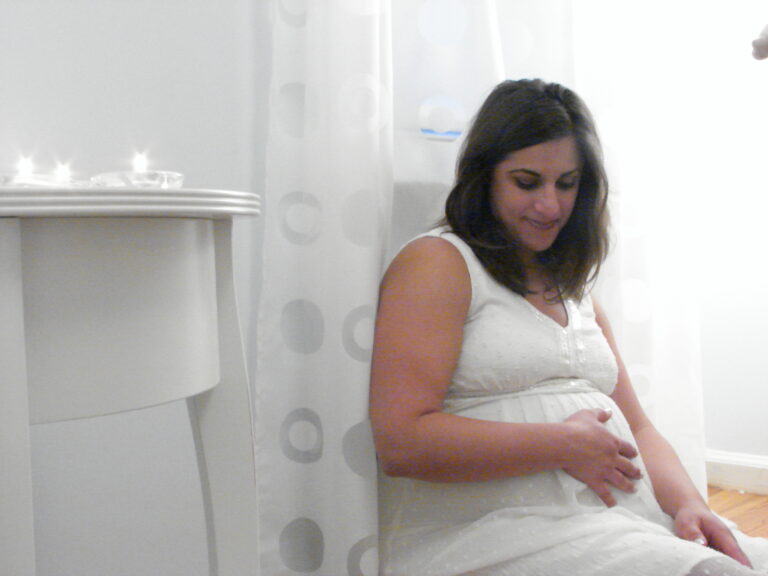
I remember sobbing every night for three weeks on the cold bathroom floor after giving birth to my son. I was careful not to wake my baby. I used a towel to quell my sobs so no one would hear. I did this with my second child as well, this time reminding myself it was the baby blues, not depression.
When the crying eventually stopped, it was replaced with insecurity that manifested as anxiety. I was worried all the time. First, that I wouldn’t be a good enough mother, and second, that something bad would happen to my baby because of me. I felt like I had no idea what I was doing, like I was a failure and worst of all, a fraud.
How could I be a child therapist and not know how to be a mother?
Every time my son cried as a baby, I became on edge: not sure that I could figure out what was wrong and comfort him. I thought I was going to fail. I felt shame for experiencing anxiety. I thought, “I’m a therapist, I should know what to do.” I hid my feelings of insecurity because I felt that no one could see things the way I did.
I didn’t know then, but I know now that becoming a mother is a developmental process. It’s a transition, just as any phase of development in childhood. It’s called “Matresence,” the term first coined by anthropologist Dana Raphael. Motherhood actually changes our brains, our overall cognition, and our memory.
I thought becoming a mother meant I had to put all of my effort into being what I deemed a “perfect” mother. Upon the birth of my first child, I had two thoughts: “It’s not about me” and “The party is over.”
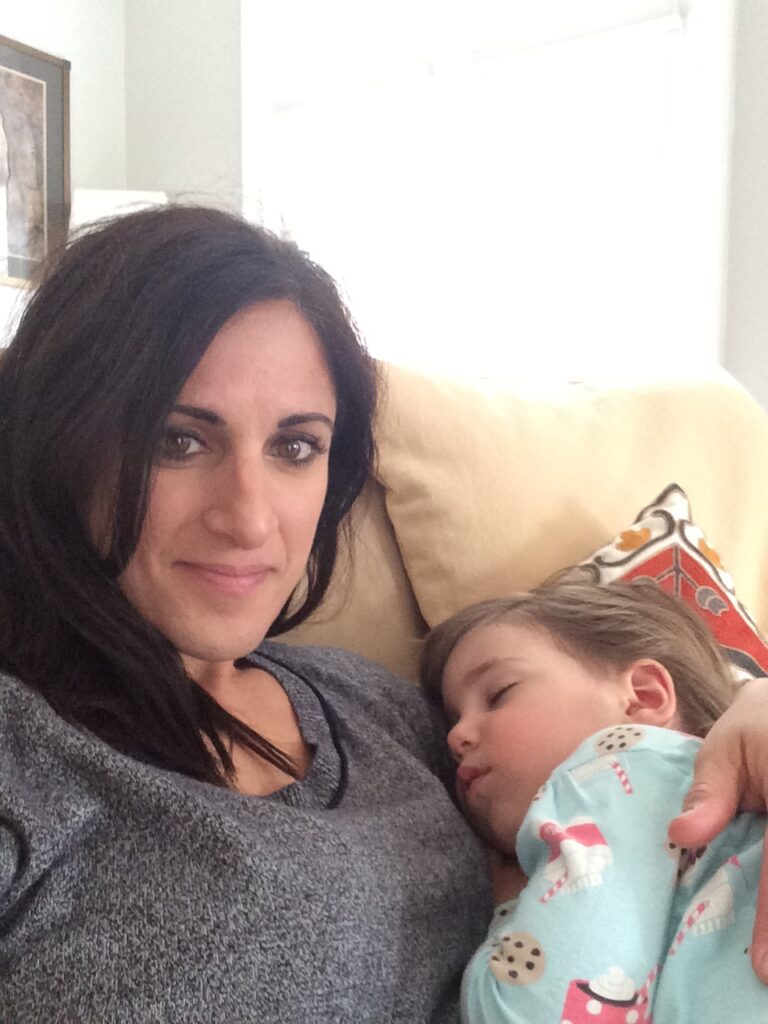
I wanted to go out with friends; I couldn’t have fun anymore. I wanted to get a manicure and pedicure; I couldn’t take care of myself.
I gave myself permission not to nurture my marriage. I forgot what life was before motherhood. I would find myself annoyed at people when they would talk about parenting as a series of trials and errors—a series of failures that is almost expected of new parents. That was unacceptable to me. The pressure I put on myself left me isolated, feeling like no one understood me—a familiar struggle from my adolescence.
More wounds from my childhood showed up like a mirror when I looked at my son. I desperately didn’t want to let my child down. I couldn’t bear it and wouldn’t allow it. This is why I sacrificed everything, beyond just myself: my career, my marriage, even my friendships. I thought if I did everything right, it would undo the pain I felt about my unmet needs.
It was a mistake.
In trying to be the perfect parent, I was not a good enough mother. The “good enough mother” is a psychological concept by Donald Winnicott, explaining that if we show up every day, we are good enough for our children. Imperfections and all. They need us to make mistakes, learn from them, and try again. It’s how they learn to do the same for themselves, through our modeling.
I realized that it’s often not the children who need the most help in therapy. It’s the parents. Parents have power and control. Parents set the stage. If a child comes to me for therapy with what looks like a pathology, I don’t immediately diagnose it. I look to the parents. I use the symptoms they report as clues. The children are the canaries in the coal mine. They are telling us something with their behavior and their symptoms, and we must listen.
The reality of motherhood flipped what I thought I knew about being a mother right on its head. I thought I should know what I was doing because I was a child therapist.
But learning how to be a mother actually taught me how to be a better therapist.
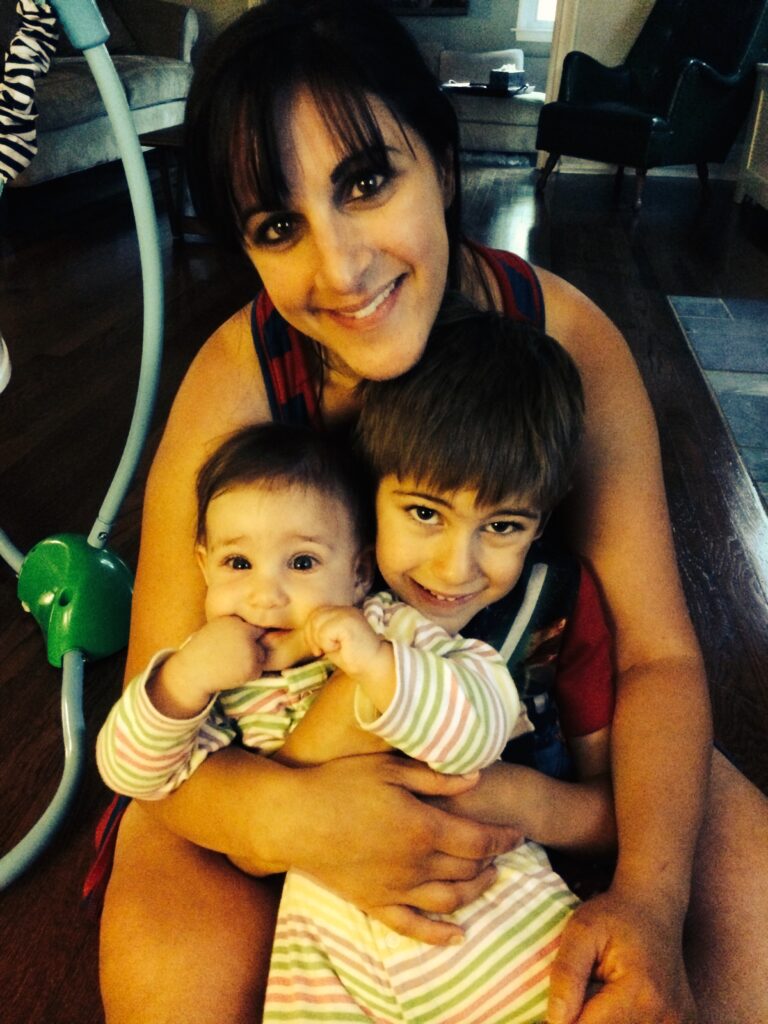
I saw my need for control—to extinguish my anxiety—in my children with their behavior, mannerisms, and their emotional development. It affected my marriage in a way where I wasn’t allowing my husband to be himself, which affected his confidence in parenting. I kept expecting everyone else to change and to follow along with what I wanted, what I was asking for.
But the family works like a system. Each person is responsible for their part in how the system functions. If one individual in the system changes, the entire system has to change. The people in the system get to decide how they want to respond: either continue as they were, or change along with the system.
Upon reflecting on my need to control everything and everyone around me and avoid painful feelings, and the realization that this was being mirrored in my children, I also realized I was not present in a key way I should have been for my son.
Upon realizing that my striving for perfection and control was reflected in my children, was powerful—it was healing. I gained control over myself. I started to care for myself through exercise and diet. I felt better physically and emotionally. I learned the power and lessons in being imperfect and that I can be uncomfortable, work through hard things, and get to the other side of them. I modeled healthy behavior and focused on me so they could focus on themselves and gain independence. My entire life changed, as did the lives of everyone around me.
Mothers have gut instincts when it comes to their children – they can often tell when something is off or truly wrong. But trusting these instincts and recognizing the power in your role as a mother can be difficult. Our instincts as mothers are tested from the moment our babies are born. I am here as an expert for information and support, but mothers should always feel empowered to make the choices that are best for their children.
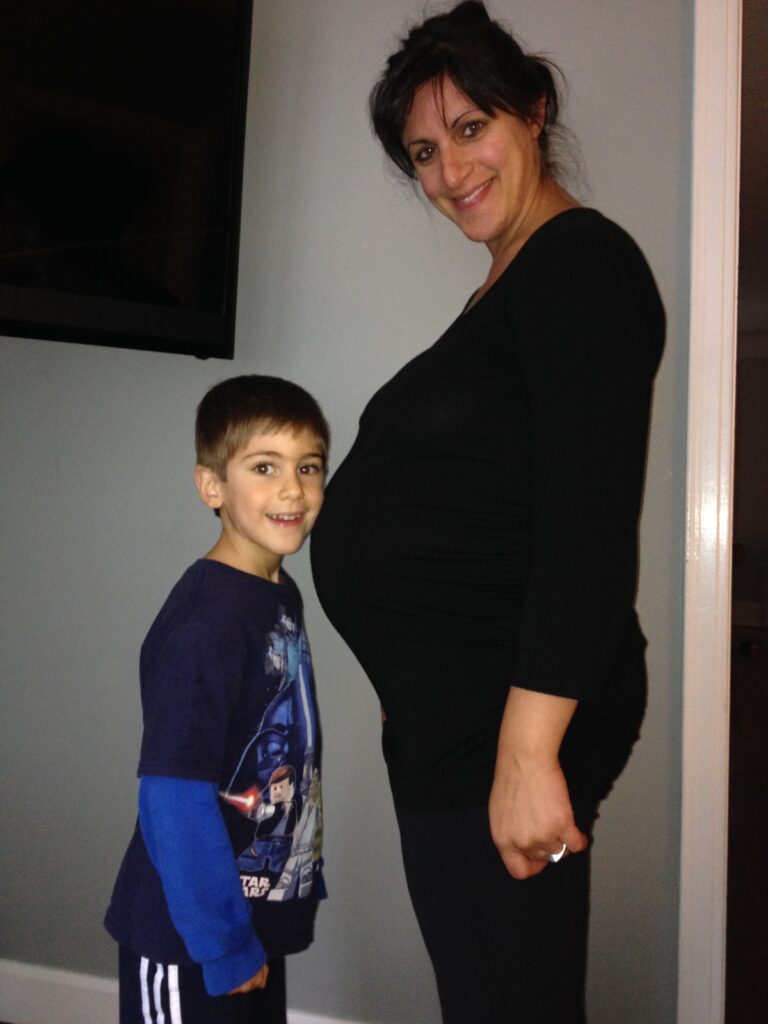
At the same time, becoming a mother and the lessons I learned while striving for control and perfection showed me that perfection does not exist and can’t be realistic. And that’s okay. The expectations of motherhood are often very different from the reality—they certainly were in my experience. We are all here in this life to learn something—parents learn from their children just as they learn from their parents.
There is power in motherhood and being a parent—I say this as both an “expert” and a fellow mother. We shape who our children become. We are there for them as an anchor and a home base, but also as a guiding light and voice of discipline and reason. By empowering ourselves as mothers and parents, we empower our children, helping them to become independent, resilient, and ready to fly when the time comes.
I once believed my children needed a perfect mother; what I’ve learned is that they need a real one. And that is more than enough.
Author
-
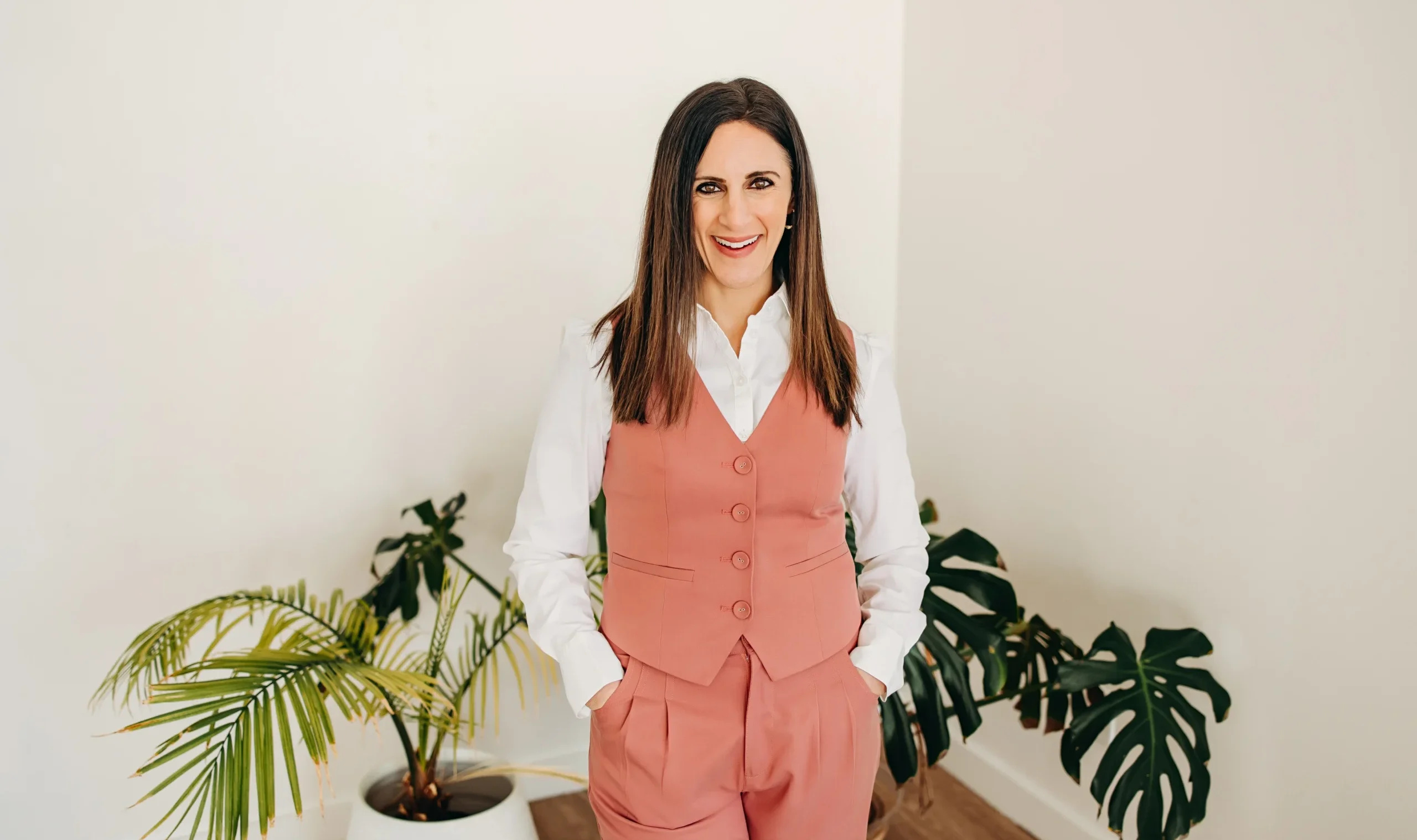
Nicole Runyon, LMSW, is an esteemed psychotherapist specializing in parenting, the author of Free to Fly: The Secret to Fostering Independence in the Next Generation, and keynote speaker renowned for her expertise in child and adolescent mental health, backed by an extensive 22-year career in the field. Nicole’s uniqueness lies in the fact she has an uncanny ability to help adults get in the minds of today’s children and better understand them. Motivated by an unwavering passion for supporting children’s well-being and debunking the poor parenting advice that’s flooded our society, Nicole has dedicated her life’s work to empowering parents and educators to help children grow and mature into young adults with purpose, strength and confidence. Outside of her work and practice, Nicole enjoys spending time with her husband and two children, as well as her loving and supportive extended family. She is interested in holistic health and wellness and loves to research root causes for common issues and how to treat them nutritionally. She has been on a health journey for the past 20 years and loves to learn about the body and how it affects the brain and different mental health issues.
View all posts

